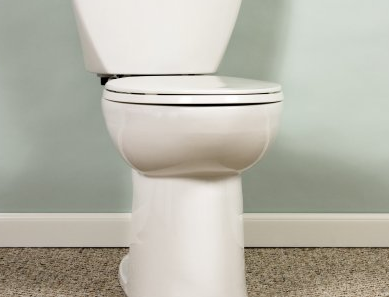Neurogenic Bowel Definition, Symptoms, Causes, Treatment
The bowel is a component of the digestive system. It is composed of the big bowel and the small bowel (also known as the large and small intestines, respectively). The small intestine is lengthier than the large intestine, but its name derives from the feature that it is somewhat narrower. Large bowel malignancies are more prevalent.
The lack of normal bowel function is referred to as neurogenic bowel disease. A problem with the nerves that are located in the bottom region of the colon is the root cause of this condition. This is the location where waste that cannot be digested is kept before it is eliminated from the body.
The nerves that assist in controlling this portion of the colon may suffer damage from a spinal cord injury or a neurological disorder. This makes it hard for the colon to hold and move waste. It frequently results in constipation and bowel incontinence. These issues may lead to physical, social, and psychological disorders. But there are ways to manage this illness that can assist in minimizing issues.
Definition:
The inability to control bowel movements as a result of damage to or degradation in the neurological system is known as neurogenic bowel dysfunction. This condition can lead to bowel incontinence or constipation. People who have multiple sclerosis, spina bifida, or spinal cord injury are more likely to experience it.

Symptoms:
Constipation and fecal incontinence are two major symptoms that are associated with neurogenic bowel dysfunction, often known as NBD. These have significant effects on quality of life. Most people with long-term neurological conditions, such as Parkinson's disease, multiple sclerosis, and spinal cord damage, experience bowel problems.
The following is a list of possible symptoms caused by neurogenic bowel:
- Lack of a bowel fullness sensation
- Poor bowel function
- Constipation or loose stools
- Fecal leakage
- Abnormal bowel movements that happen suddenly
- Pain in the belly or an upset stomach
Causes:
Damage to the spinal cord can occasionally prevent the brain and the nerves that regulate bowel and bladder function from communicating with one another. This may result in neurogenic bladder or neurogenic bowel dysfunction, both of which are miserable.
Major causes of spinal cord injury are:
- Severe trauma
- Neurodegenerative disease
- Multiple sclerosis (MS) or any other auto-immune disease that damages the nervous system
Treatment:
A regular bowel management program is required for those with neurogenic bowel. This includes regularly scheduled procedures to remove stool from the rectum. This aids in the prevention of incontinence, constipation, and bowel obstructions. Dietary adjustments, medications, and other techniques are also included in bowel programs. You can develop a bowel management regimen with the assistance of your medical team. Your bowel care might include:
- Training your abdominal muscles
- Lessening anal sphincter spasticity with botulinum toxin
- Colostomy surgery creates a passageway for stools to exit instead of the rectum.
- Dietary modifications
- Electrical stimulation of the abdominal muscles (nerves)
- Plans for physical activity
- The use of laxatives (including suppositories)
 Reviewed by Simon Albert
on
October 03, 2022
Rating:
Reviewed by Simon Albert
on
October 03, 2022
Rating:











